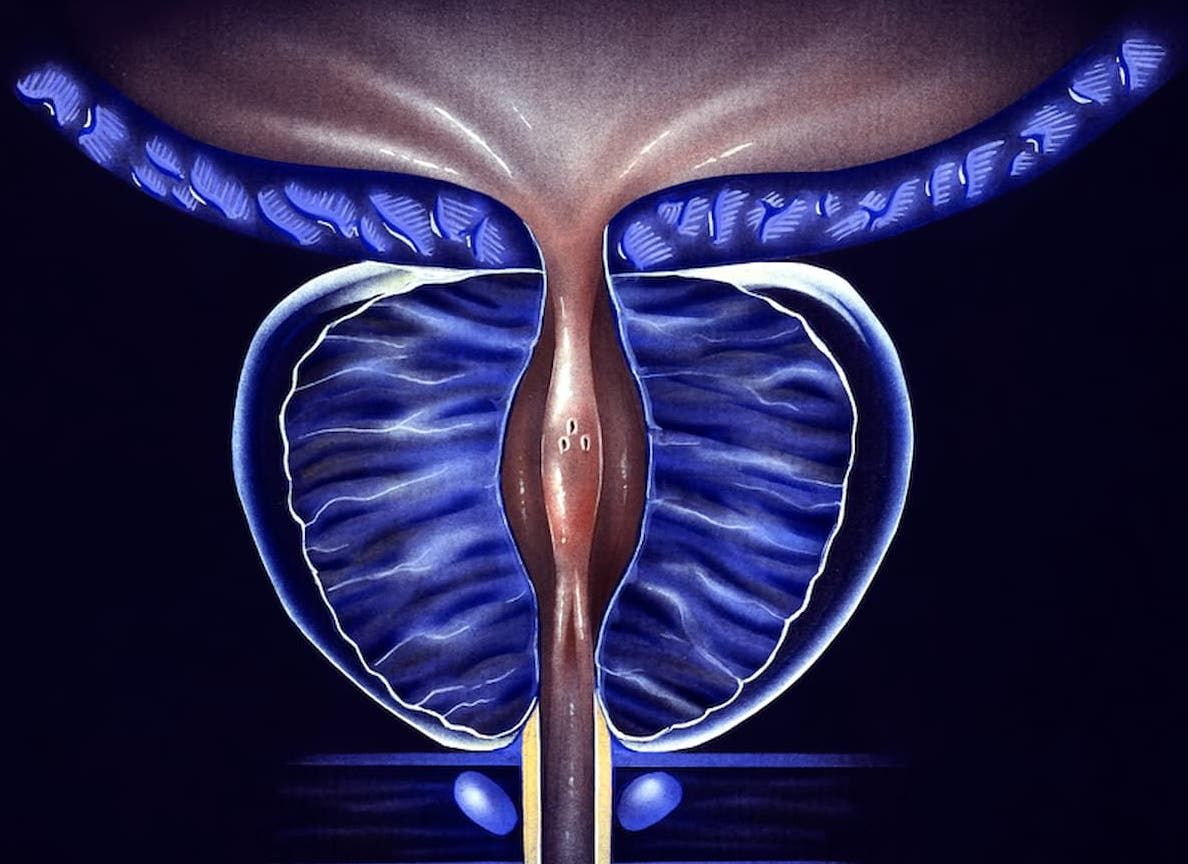
E. David Crawford, MD, Reviews Unmet Needs Addressed by FDA Approval of Darolutamide, Docetaxel, and ADT in mHSPC

In an interview with CancerNetwork®, E. David Crawford, MD, discussed implications from the recent FDA approval of darolutamide plus docetaxel and androgen deprivation therapy in metastatic hormone-sensitive prostate cancer based on findings from the phase 3 ARASENS trial.
In an interview with CancerNetwork® E. David Crawford, MD, editor-in-chief of Grand Rounds in Urology; professor of Urology at the University of California, San Diego; and an editorial board member of the journal ONCOLOGY®, discussed the recent
Transcript:
We always like to have a personalized medicine approach, focusing on a [single patient] rather than a large group. We’ve got some of that information here, but I wouldn’t jump to say that [you should] take the worst patients and treat them with this regimen. That’s what the bucket of chemotherapy fell into where the benefit seemed to be working with more advanced disease. Some of that had to do with people with lesser disease who lived longer in these trials, but we did not follow patients long enough to see that. That was sort of the same with the ARASENS trial in a way; when the end point of survival difference was reached and survival in the control arm passed 50%, the study basically stopped and people weren't followed anymore. Therefore, we may never know the right answer for some of the [included] groups.
We do know, however, that there’s an improvement in survival, delay in chemotherapy, and a delay in pain. We also know that the majority of toxicity during the initial therapy with the chemotherapy and that the addition of darolutamide didn’t significantly change that. How do we decide who to use it on? Many people don’t agree with me, but I think it applies across the board with advanced prostate cancer. We all know that cancer that is a collection of genetic changes; the longer it’s around them, the more genetic heterogeneity exists and less responsive it is to that therapy. When screening, we’re finding the disease early. In our study from 1989, we found that people with more minimal disease did live longer, and it wasn’t just lead time bias.3 Hitting this [disease] heavy up front as you do with a lot of [curable] cancers makes sense, and right now, it’s open to most patients, not just those who have more significant disease.
References
- FDA approves darolutamide tablets for metastatic hormone-sensitive prostate cancer. News release. FDA. August 5, 2022. Accessed August 22, 2022. https://bit.ly/3bvsKzF
- Smith MR, Hussain M, Saad F, et al. Darolutamide and survival in metastatic, hormone-sensitive prostate cancer. N Engl J Med. 2022;386(12):1132-1142. doi:10.1056/NEJMoa2119115
- Crawford ED, Eisenberger MA, McLeod DG, et al. A controlled trial of leuprolide with and without flutamide in prostatic carcinoma. N Engl J Med. 1989;321(7):419-424. doi:10.1056/NEJM198908173210702. Published correction appears in N Engl J Med. November 16, 1989;321(20):1420.
Newsletter
Stay up to date on recent advances in the multidisciplinary approach to cancer.



































